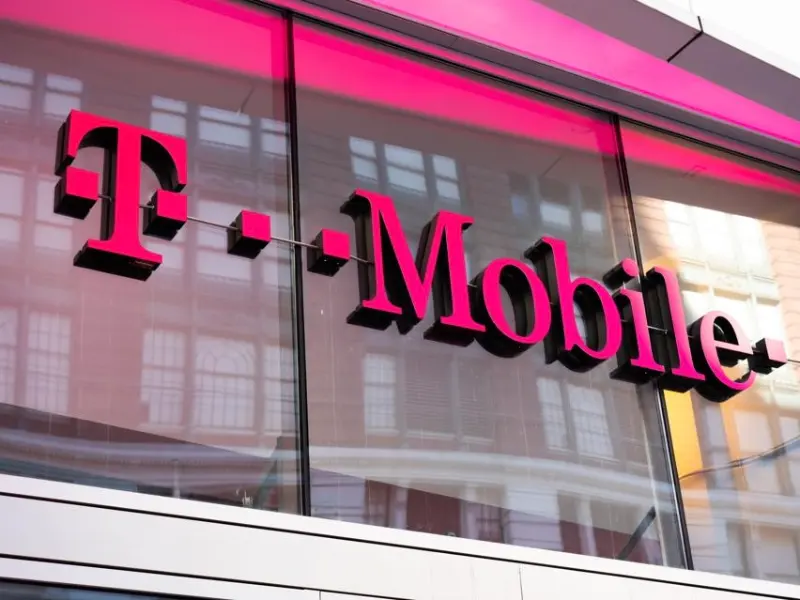- SoftBank sells its T-Mobile stake for $4.9 billion to refocus on AI and semiconductor investments.
- This move follows a return to profitability for the company, driven by strong performance from its key investments.
What happened: SoftBank shifts focus to AI with T-Mobile sale
SoftBank Group Corp has announced the sale of its T-Mobile shares for approximately $4.9 billion, as part of a strategic shift towards artificial intelligence (AI) and semiconductor infrastructure. The transaction, which involves around 21.5 million T-Mobile shares priced between $224 and $228 each, represents about 1.9% of T-Mobile’s outstanding shares.
Bank of America is managing the deal, although it has yet to be officially confirmed by either company. This decision comes as SoftBank returns to profitability for the first time in four years, reporting a net profit of ¥1.15 trillion ($7.73 billion) for the fiscal year ending March 2025. This financial turnaround is attributed to strong returns from its investments in Alibaba and Deutsche Telekom, among others.
Also Read: T-Mobile subscriber growth falls short
Also Read: T-Mobile finalises Lumos acquisition
Why it’s important
This sale is significant because it shows SoftBank’s shift towards new technologies, especially AI and semiconductors. By moving money from its telecom investments, SoftBank aims to compete in the fast-changing AI market, where it has already pledged up to $30 billion to OpenAI. This includes an initial $8.5 billion through its Vision Fund 2, which supports projects like Stargate that plan to build AI data centres worldwide.
The tech industry is seeing many investments in AI, with companies like Intel and Nvidia also focusing on this growing area. SoftBank’s decision to sell T-Mobile shares is not only about quick financial gain; it responds to the trend of tech firms prioritising AI tools and infrastructure. As companies use AI more in their work, investing in these areas is important for staying competitive. This change could affect both consumers and businesses, as new developments in AI and chip technology bring progress in fields like healthcare and finance.

